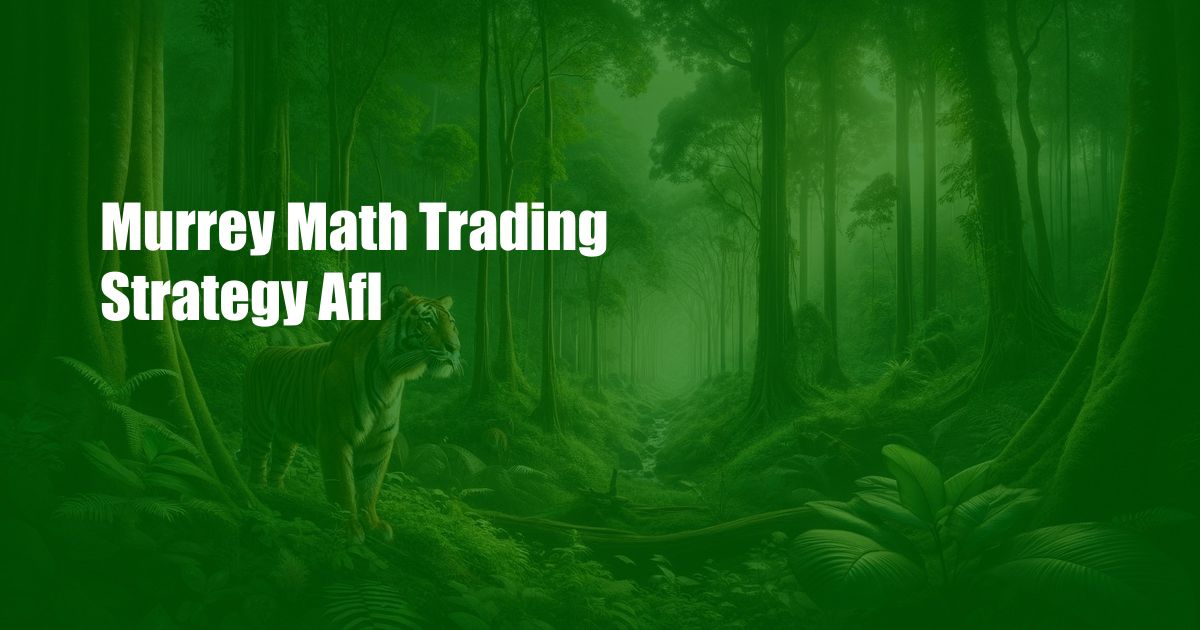
OpenSea NFT Bible: The Ultimate Guide to Non-Fungible Tokens
Have you ever wondered what all the hype around NFTs is about? Are you curious about how they work and what their potential is? Well, look no further. In this ultimate guide, we’ll explore the world of NFTs, from their origins to their latest developments. You’ll learn everything you need to know about these digital assets and how to get started with them.
What Are NFTs: A New Era of Digital Ownership
Non-fungible tokens (NFTs) are unique, non-interchangeable digital assets that represent ownership of something real or digital. Unlike traditional fungible assets like money or cryptocurrency, each NFT is one-of-a-kind and cannot be replicated or replaced. This makes NFTs a powerful tool for securing ownership and provenance in the digital realm.
The History of NFTs: A Journey from Crypto to Collectibles
NFTs emerged in 2014 when CryptoKitties, a blockchain-based game, was launched. These digital cats were unique, collectible, and could be traded. The concept quickly gained traction, and by 2021, the NFT market had exploded with multi-billion-dollar sales. Today, NFTs encompass various industries, from art and collectibles to music, gaming, and real estate.
How NFTs Work: The Magic of Blockchain
NFTs are built on blockchain technology, which provides a secure, transparent, and immutable ledger. Each NFT is represented by a unique token on the blockchain. This token contains information identifying the asset’s owner, its creator, and its transaction history. The blockchain ensures that NFTs remain verifiable, secure, and tamper-proof.
The Use Cases of NFTs: Beyond Collectibles
While NFTs are often associated with digital art and collectibles, their applications extend far beyond these initial use cases. Today, NFTs are being used for:
- Digital Identity and Ownership: NFTs can represent a digital version of identity documents, such as passports or driver’s licenses, providing secure and verifiable ownership.
- Supply Chain Management: NFTs can track the movement of goods along supply chains, enhancing transparency and efficiency.
- Event Ticketing: NFTs can be used to issue tickets for events, eliminating fraud and allowing for easy resale or transfer.
- Real Estate: NFTs can represent the ownership of virtual or physical real estate, streamlining transactions and securing property rights.
The Future of NFTs: Endless Possibilities
The potential of NFTs is still being explored, but the future looks bright. As blockchain technology continues to evolve, NFTs are likely to become even more versatile and widely adopted. We can expect to see advancements in:
- Cross-Chain Interoperability: NFTs will become interoperable across different blockchains, enabling seamless transfer and utilization.
- Social Integration: NFTs will integrate with social media and online platforms, allowing users to showcase and interact with their digital assets.
- Utility-Driven NFTs: NFTs will move beyond collectibles and provide real-world utility, such as access to exclusive content, discounts, or experiences.
Tips and Expert Advice for Navigating the NFT Landscape:
As the NFT market continues to grow, it’s crucial to approach it with caution and guidance. Here are some tips from experts:
- Do Your Research: Before investing in any NFT, thoroughly research the project, its creators, and the underlying technology.
- Understand the Risks: NFTs are not without risks. They can be volatile and subject to market fluctuations. Be prepared to lose your investment.
- Consider Utility: Look for NFTs that offer real-world utility or value beyond just being collectibles.
- Store Your NFTs Securely: Use reputable NFT wallets and custodians to ensure the safety of your digital assets.
- Stay Up-to-Date: The NFT space is constantly evolving. Stay informed about the latest trends and developments to make informed decisions.
FAQ on NFTs: Your Questions Answered
What is the difference between an NFT and cryptocurrency?
NFTs are non-fungible, meaning they are unique, while cryptocurrencies are fungible, meaning they can be exchanged for other identical units.
How do I create an NFT?
To create an NFT, you need to digitize your asset, set up a crypto wallet, and use an NFT marketplace.
Where can I buy and sell NFTs?
There are various NFT marketplaces available, such as OpenSea, Rarible, and Nifty Gateway.
How is the NFT market regulated?
NFT regulation is still in its infancy and varies by jurisdiction. As the market matures, it’s likely that more regulation will be introduced.
Conclusion
NFTs are revolutionizing the way we interact with digital assets, unlocking new possibilities for ownership, creativity, and value creation. Whether you’re an artist, a collector, or simply curious about the future of digital technology, it’s essential to understand the fundamentals of NFTs. This guide has provided you with a comprehensive overview of NFTs, their history, their uses, and their future potential.
So, are you ready to dive into the world of NFTs? The journey ahead is full of exciting opportunities and unexplored territories. Join the NFT revolution and experience the next chapter of digital ownership.







